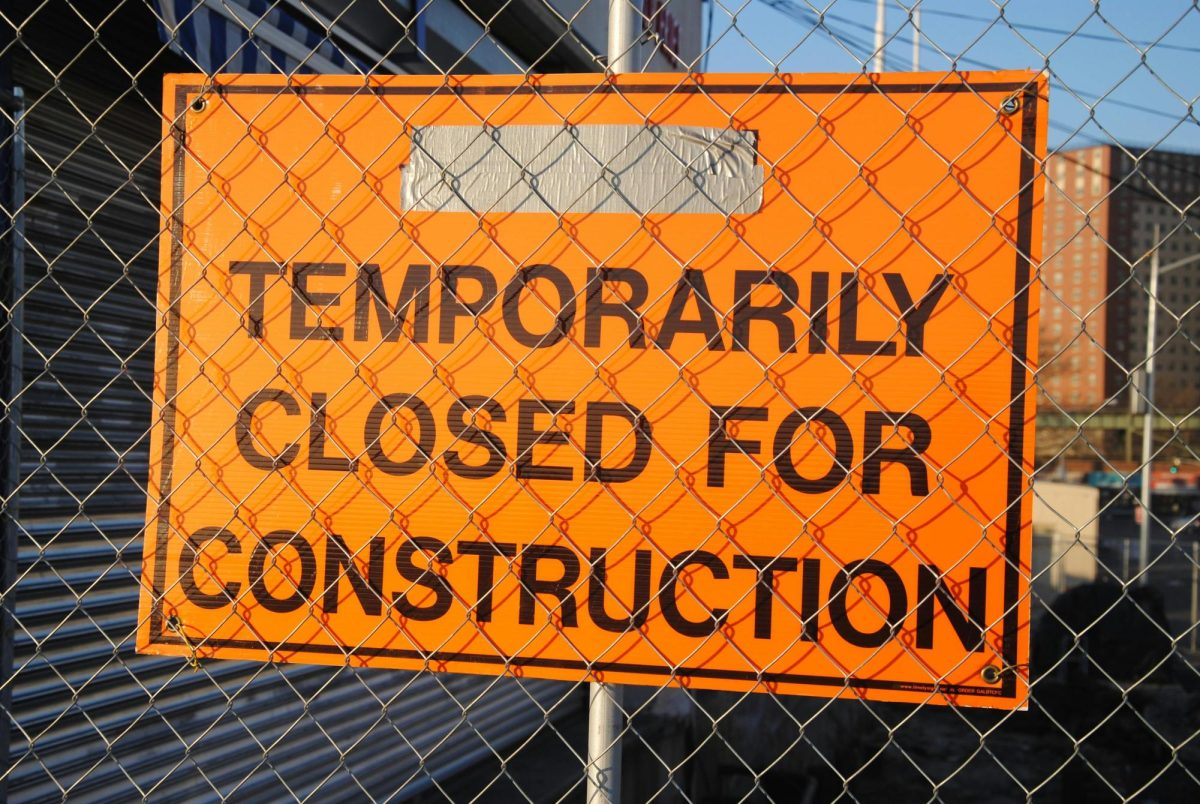As we near Election Day on Nov. 5, Americans are bracing themselves, no matter the outcome, for the changes and reactions that will come after this election is over.
The two major party candidates, Vice President Kamala Harris and former President Donald Trump, have positioned themselves as the antithesis to one another.
However, voters are not just selecting the candidates themselves, but also what they want most for the future. The election outcome will certainly shape the next four years, but it could also have impacts that shape the next several decades of American life, from the economy to taxation, immigration and more.
This article will examine the policies and experts’ forecasts to present what the next four years are likely to look like under each candidate.
Your Money
What would four years of a Harris presidency look like for your wallet?
Both Gallup and Pew Research Center found that the economy was the top issue for voters in this election. Harris’ taxation plan consists of increasing tax benefits for families and offsetting the increase by raising corporate taxes.
She plans to help small business owners by increasing the startup expense deduction, from $5,000 to $50,000. She also plans to raise the child tax credit for parents of newborns to $6,000. Per Newsweek, Harris wants to provide “$3,600 per child for families with children under 6.”
High costs of living across the board are a big problem facing many Americans as well.
At a campaign event here in Raleigh, Harris laid out her plan to address the lack of affordable housing saying, “By the end of my first term, we will end America’s housing shortage by building 3 million new homes and rentals that are affordable for the middle class.”
She pointed out that the increase in housing prices is skyrocketing the size of down payments, saying “My administration will provide first-time homebuyers with $25,000 to help with the down payment on a new home.”
The cost of groceries is also affecting Americans, with Harris pledging to enact the first federal law against food gouging.
Trump has proposed “eliminating income tax on tips and Social Security benefits, along with overtime pay.”
He has also pledged to impose a tariff of 20% on all imports, raising it to 60% on imports from China.
This tariff plan has been criticized by economists as well as by those in his own party, including Senate Minority Leader Mitch McConnell, who said that tariffs “raise prices for American consumers.”
He also supports extending the tax cuts he put in place in 2017 as well as reducing the corporate tax rate to 15%.
Your Healthcare
Another big issue on the minds of voters is healthcare, particularly as it pertains to reproductive healthcare and abortion, with the issue of abortion turning the tide in favor of the Democrats in the 2023 primaries.
Healthcare holds a high level of importance in many voters’ minds, even in states where Trump and the Republican party have previously won.
According to KFF, a non-profit focused on health policy and polling, 89% of voters “think this election will have an impact on abortion rights, and 61% said it will have a “major impact.”
Harris wants to codify the protections that were previously in place under Roe v. Wade and has even previously supported ending the filibuster to pass this legislation in Congress.
Outside of reproductive healthcare, Harris says she will expand and strengthen the Affordable Care Act, extend “the $35 cap on insulin and $2,000 cap on out-of-pocket spending for seniors to all Americans” and “work with states to cancel medical debt” for more people, according to her official campaign site. She also pledges to strengthen Medicare.
When it comes to reproductive healthcare, Trump has said the issue should be left to the states, but also suggested he might use his presidential power to limit access to mifepristone, a drug used in medication abortions, according to the Washington Post.
He has changed his position back and forth several times over the years and “has not clarified if he would veto a national ban.”
Trump said that a Florida abortion ban at six weeks was “too strict,” saying that “there has to be more time” and seemed to suggest he would vote for a ballot referendum allowing abortion in Florida until fetal viability, saying “I am going to be voting that we need more than six weeks.” One day later, however, he said that he would vote against the amendment and allow the six-week ban to remain.
Aside from reproductive healthcare, Trump has said that he wants to replace the Affordable Care Act but only had “concepts of a plan” to do so.
Your Environment
In the past, Harris supported a ban on fracking but later disavowed this pledge.
As a senator, Harris sponsored the Green New Deal, but as a candidate, her advisors have steered more toward talking about how Harris plans to work on further implementing the Inflation Reduction Act than talking about some of the more left-leaning policies she has previously supported.
This act, which she cast the tie-breaking vote in favor of, will put more than $370 billion over 10 years into wind, solar, batteries and electric vehicles.
Trump has “led chants of ‘drill, baby, drill’” and has said he would consider ending the $7,500 tax credit on electric vehicle purchases. His main focus relating to the environment is his aim for the U.S. to be energy independent. He wants to return to fossil fuels and tap into the nation’s oil reserves.
Your Second Amendment Rights
Harris has recently talked about being a gun owner herself but has in the past supported repealing immunity from gun manufacturers, allowing victim’s families to sue. Calling for every state to have a “red-flag” law, which allows people, through petition, to ask that a judge temporarily remove firearms from those who may pose a risk to themselves or others.
Trump has been a big proponent of Second Amendment rights and his advisers say this will continue if he’s reelected, with one aim of his being to appoint federal judges who oppose new limits on firearms.
Your Education
Harris indicated that she will continue to push for more student loan forgiveness in her administration.
For Trump, his focus on education is geared toward supporting school choice. He says he wants to “eliminate” the Department of Education and his administration will likely try to incentivize more private schooling and homeschooling.
He has also said he would cut funding for schools that teach critical race theory and what he calls other, “inappropriate racial, sexual, or political content.”
Immigration
Harris has faced heavy criticism from Republicans for the widely repeated claim that she was appointed “Border Czar” for the Biden-Harris administration, however, this is not true.
Harris’ immigration policy under her own administration remains largely unclear though.
Trump aims to carry out the “largest domestic deportation operation in American history” and restore the immigration policies he had in his first term. Additionally, he wants to complete the wall along the Southern border.
As Election Day draws closer and the race remains even, it may not be clear which candidate will end up winning. One thing that is clear; however, is that Americans are likely to see some big changes under each candidate.







